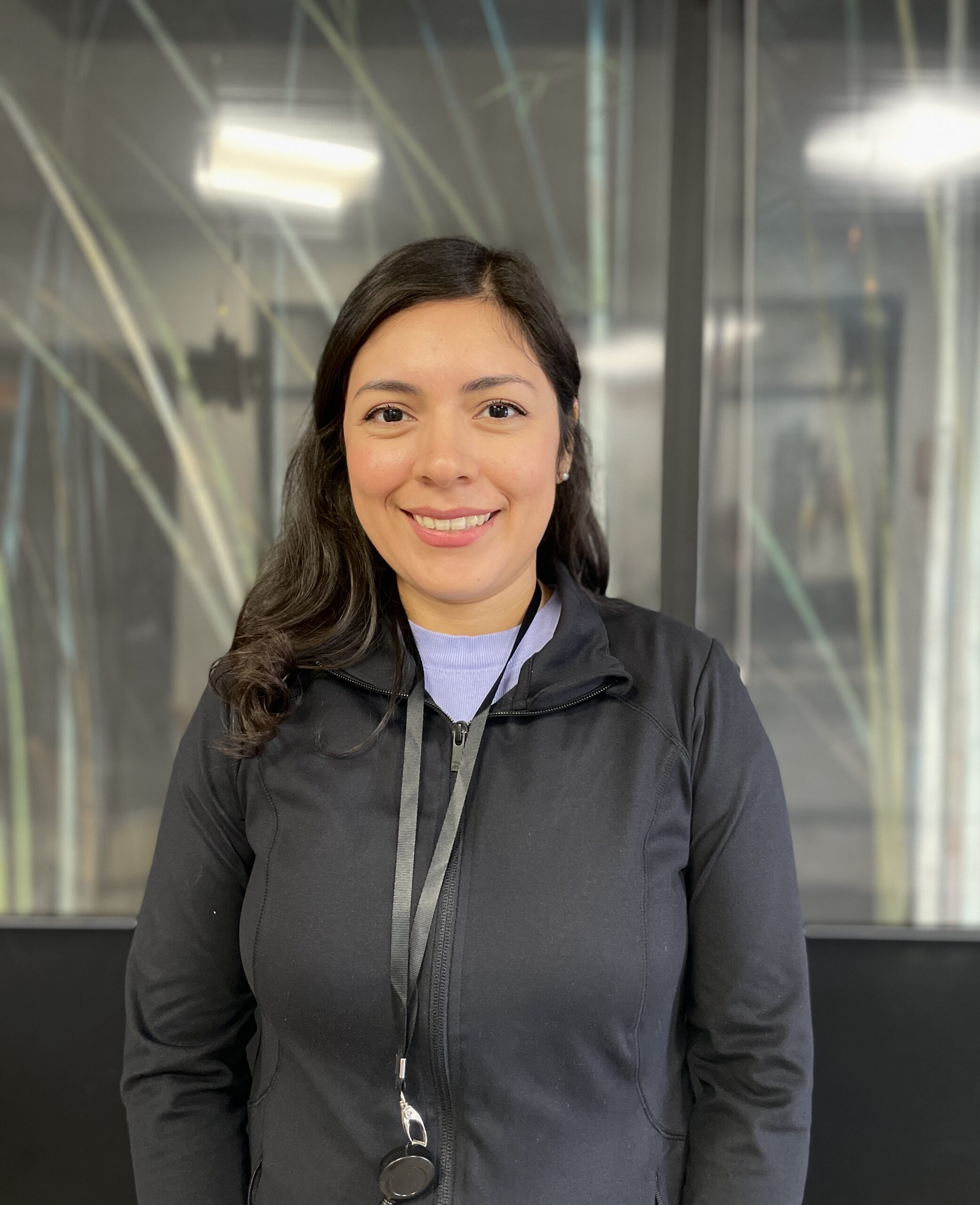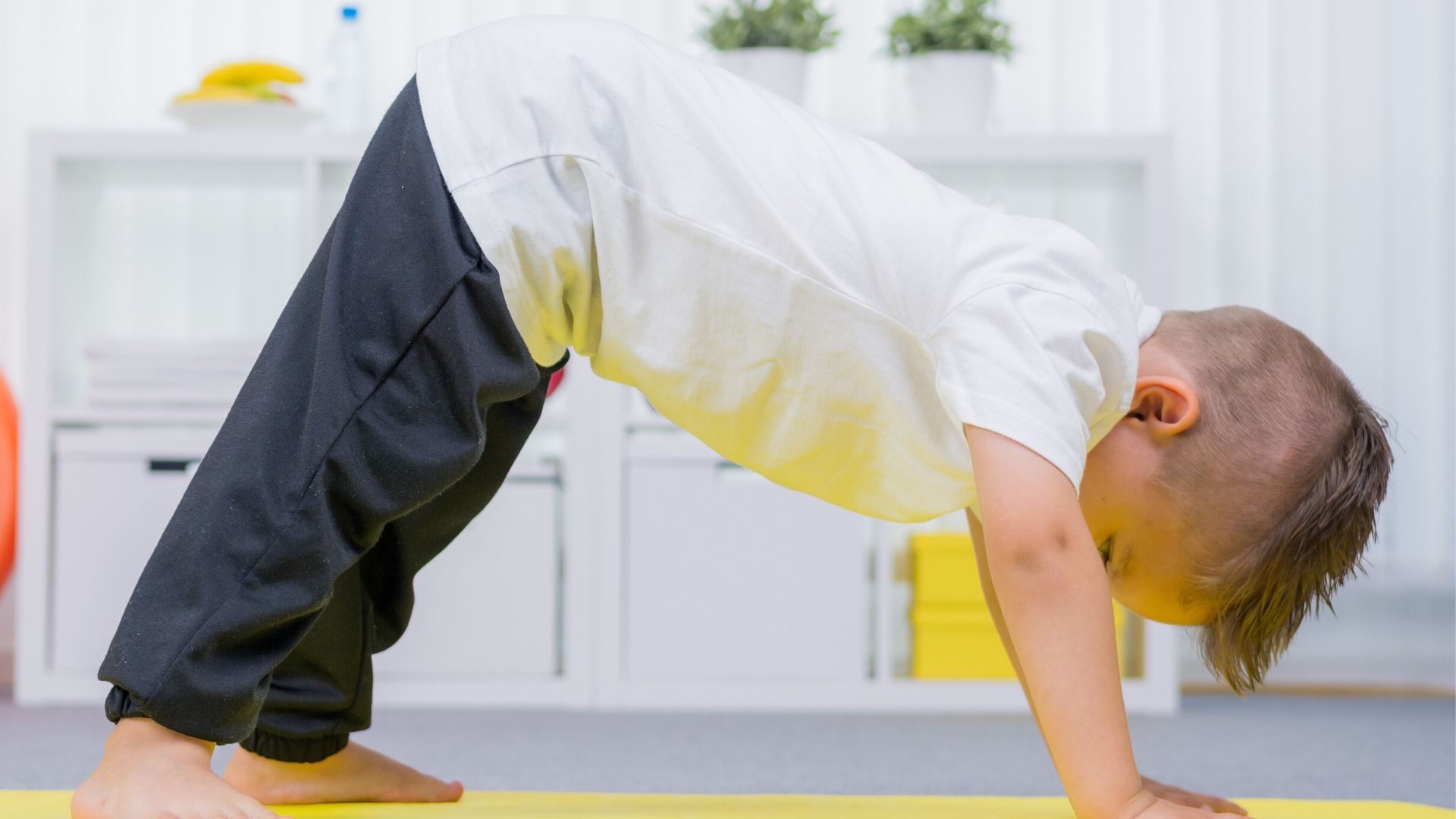Physical Therapy
Gross Motor Development
Larger Muscle Groups
Gross motor development refers to a child’s ability to control larger parts of the body, including balance, coordination, purposeful control, locomotion, and stability.
Orthopedic Rehabilitation
Getting Back to Normal
When your child has an injury or a developmental issue, the goal is to get her back to a normal, active lifestyle by gaining strength and improving flexibility.
Neurological Conditions
Retraining Muscles
Neurological conditions can affect the brain, spinal cord or nervous system and can impact a child’s ability to move. Physical therapists help retrain the muscles and the brain to work together.
Physical Therapy
Start with a ConsultationGross Motor Development
Large Muscle Groups
Gross motor development refers to a child’s ability to control larger parts of the body, including balance, coordination, purposeful control, locomotion, and stability.
We address:
- Delayed milestones
- Frequent tripping or bumping into things (”clumsy” child)
- Inappropriate movement patterns
- Walking/Gait Training
- Navigating environment & obstacles
Orthopedic Rehabilitation
Getting Back to Normal
When your child has an injury or a developmental issue, the goal is to get her back to a normal, active lifestyle by gaining strength and improving flexibility.
We address:
- Complications from sports injuries
- Broken bones or injuries after accidents
- Post-surgery
- Posture, pain, tightness from Scoliosis
- Poor alignment (flat feet, “knock kneed”)
- General deconditioning
Neurological Conditions
Retraining Muscles
Neurological conditions can affect the brain, spinal cord or nervous system and can impact a child’s ability to move. Physical therapists help retrain the muscles and the brain to work together.
We address:
- Balance dysfunctions
- Coordination and motor planning deficits
- Abnormal muscle tone
- Congenital/genetic conditions
- Excessive falling during daily tasks
- Concussions
- Neurological accidents
Restoring Mobility & Independence Through Play!
Physical Therapy works on “big movements” for overall independence with mobility by using functional techniques and play to keep your child engaged. We address deficits and goals related to:
- Strength and flexibility
- Balance and coordination
- Pain management
- Safety awareness
- Alignment by referring bracing/adaptive equipment
At SPACE, we have created a customized, multilevel motor gym and outdoor space with the equipment and tools to get your child moving and socializing without realizing they are ‘working’! We utilize an individualized approach and by collaborating with OT, ST and ABA, we will get your child the most well-rounded outcomes!
chronic conditions are preventable with frequent physical activity
recommended minutes of moderate-vigorous physical activity for at least 3x/week for children age 5+
chronic conditions are preventable with frequent physical activity
recommended minutes of moderate-vigorous physical activity for at least 3x/week for children age 5+

How Does Physical Therapy Help Kids?
Diagnoses & Common Conditions:
- Developmental delay
- Developmental Coordination DIsorder
- Autism
- Torticollis
- Cerebral Palsy
- Genetic Disorders
- Sports injuries/surgeries
- Spinal cord injuries
- Traumatic brain injury
- Concussion
- Stroke
Myths About Pediatric Physical Therapy
MYTH: Physical therapy is for adults needing rehabilitation. Absolutely not! Motor milestones, reflex integration and movement patterns begin at birth, and injuries can happen at any age, requiring assistance to get back to “normal.”
MYTH: Physical therapy is painful. In many cases, physical therapy isn’t painful, especially when dealing with children. During sessions, a physical therapist takes extra steps to make your child comfortable, and while there may be some discomfort during exercises, they’ll create a management plan to help.
MYTH: Any health care professional can perform physical therapy. False! Physical Therapists must go through years of post-graduate education to be certified as a PT.

Meet the Physical Therapy Team
Our highly trained physical therapist utilizes an evidence-based, individualized approach to formulate appropriate goals and treatment sessions for each child. Through experience and continuing education courses, a variety of techniques are implemented to ensure an effective, interactive experience for your child to promote optimal independence and safety navigating their environment.

Kimberly Guajardo, PT, DPT

Christine Nguyen, PT, DPT

Kimberly Guajardo, PT, DPT

Christine Nguyen, PT, DPT
What You Can Expect at SPACE.
Having concerns for your child and beginning therapy can be stressful, so our aim is to provide continuous communication and education to make it an enjoyable experience. Creating a strong rapport with parents and children is essential for continuity of progress and goal assessment. With our collaborative approach, we can offer comfort in knowing that your child is receiving the best care possible in a way that makes them happy to come to therapy!
Your First Visit
Our first goal is to always build rapport with you & your child so that a positive relationship begins to develop. The safer your child feels at SPACE, the faster progress will begin! Initial evaluation may include standardized assessments, clinical observations and a caregiver report.
Ongoing Treatment
Treatment in a private room, classrooms, open gym, or outside
Caregiver/Parent Training
Expect HOMEWORK!
Dyad or social groups
Collaboration with team members & outside professionals
SPACE PT 'Toolkit'
Pediatric Kinesiotaping certified
Vestibular techniques
Significant infant training
Orthotic/helmet recommendations and monitoring
Your First Visit
Our first goal is to always build rapport with you & your child so that a positive relationship begins to develop. The safer your child feels at SPACE, the faster progress will begin! Initial evaluation may include standardized assessments, clinical observations and a caregiver report.
Ongoing Treatment
Treatment in a private room, classrooms, open gym, or outside
Caregiver/Parent Training
Expect HOMEWORK!
Dyad or social groups
Collaboration with team members & outside professionals
SPACE PT ‘Toolkit’
Pediatric Kinesiotaping certified
Vestibular techniques
Significant infant training
Orthotic/helmet recommendations and monitoring
Get Started!
Click the button below to get started at SPACE! We’d love to assist you and your family find your SPACE at our SPACE.

